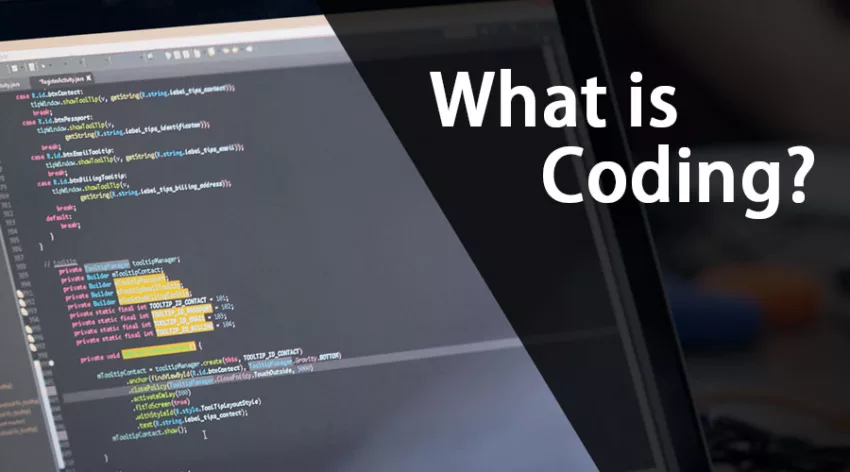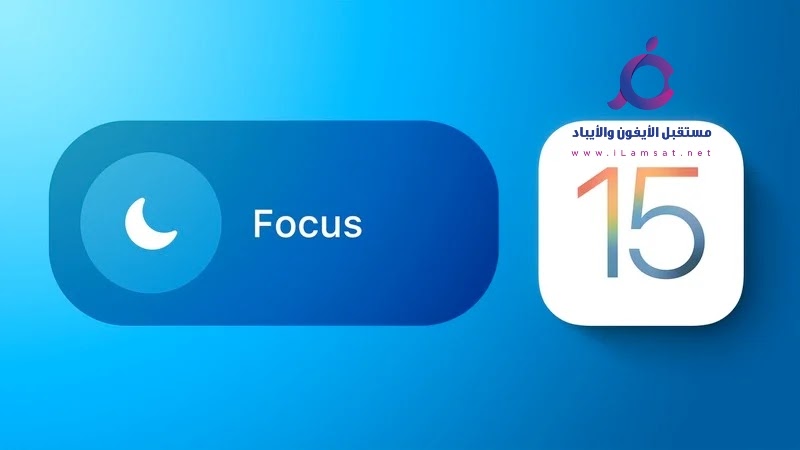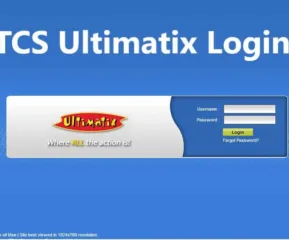Coding has become an essential skill in today’s technology-driven world. From websites to apps, software to hardware, coding is the backbone of everything digital. But what exactly is coding? In this blog post, we will explore what is coding basics of coding, the importance of coding, the different programming languages, and how to get started with coding.
Whether you’re a complete beginner or looking to expand your knowledge, this post will provide you with a solid foundation to understand the world of coding.
Table of Contents
What is Coding?
Coding, also known as programming, is the process of designing, writing, testing, and maintaining computer programs. A computer program is a set of instructions that tells a computer what to do.
Coding involves using a programming language, such as Python, Java, or C++, to create these instructions. These programming languages are designed to be easily understood by humans but also to be processed by computers.
In coding, programmers use these programming languages to create software applications, websites, video games, and much more. They use a variety of tools, such as integrated development environments (IDEs), to help them write and test their code.
Learning to code can be a fun and rewarding experience. It can provide you with valuable skills that are in high demand in today’s job market. There are many resources available for beginners to learn how to code, including online tutorials, coding boot camps, and college courses.
Coding vs Programming: What’s the Difference?
The terms “coding” and “programming” are often used interchangeably, but there is a subtle difference between the two.
Coding refers specifically to the act of writing code or creating computer programs using a programming language. It involves translating human instructions into a language that computers can understand and execute.
Programming, on the other hand, is a broader term that encompasses the entire process of creating software, including coding, testing, debugging, and maintaining code. Programming involves not only writing code but also designing software architecture, managing project timelines, and collaborating with other developers.
In short, coding is a part of programming, but programming involves a more comprehensive set of skills and tasks beyond just writing code.
The Most Popular Coding Languages and What They’re Used For
There are many coding languages used for different purposes. Here are some of the most popular coding languages and what they’re commonly used for:
Java
Java is one of the most popular programming languages used for developing desktop and mobile applications, as well as for building enterprise-level web applications. It’s also widely used for developing Android mobile apps.
Python
Python is a high-level programming language that is easy to learn and has a simple syntax. It’s often used for scientific computing, data analysis, artificial intelligence, and web development.
JavaScript
JavaScript is a scripting language used to create interactive web pages and web applications. It’s commonly used in front-end web development and for creating browser extensions.
C++
C++ is a powerful and efficient programming language used for developing operating systems, system software, and embedded systems. It’s also used in game development and for building high-performance applications.
PHP
PHP is a popular server-side scripting language used for building dynamic web pages and web applications. It’s often used in combination with MySQL or other databases.
Swift
Swift is a programming language developed by Apple for developing iOS and macOS applications. It’s a powerful and modern language that’s easy to learn.
Ruby
Ruby is a dynamic programming language used for web development, particularly with the Ruby on Rails framework. It’s known for its simplicity and ease of use.
Why Learn Coding? 5 Reasons to Start Today!
Learning to code can be a valuable and rewarding experience for many reasons. Here are five reasons why you should consider starting to learn to code today:
High demand for coding skills
There is a high demand for individuals with coding skills across many industries, including technology, finance, healthcare, and more. Learning to code can open up a variety of job opportunities with competitive salaries.
Creative expression
Coding provides a way to express your creativity through building websites, mobile apps, video games, and more. With coding, you can turn your ideas into reality and create something unique.
Problem-solving skills
Coding involves breaking down complex problems into smaller, more manageable tasks. Learning to code can help improve your problem-solving skills, which can be valuable in many areas of life.
Future-proofing
Technology is constantly evolving, and coding is becoming increasingly important in many industries. Learning to code can future-proof your career and provide you with valuable skills for the future.
Personal development
Learning to code can be a challenging but rewarding experience that can help you develop valuable skills such as patience, persistence, and attention to detail. It can also provide a sense of accomplishment and boost your confidence.
10 Career Opportunities in Coding:
The field of coding offers many different career paths. These are just a few of the many career paths available in the field of coding. Each career requires different skills and knowledge, but they all offer opportunities for creativity, problem-solving, and career growth. Here are 10 careers in coding that you should consider:
Software Developer
Software developers design, develop, and maintain software applications for a variety of industries. They use coding languages such as Java, Python, and C++ to create applications for desktop, web, and mobile devices.
Front-end developer
Front-end developers create the user interface and user experience for websites and web applications. They use coding languages such as HTML, CSS, and JavaScript to create responsive and interactive web pages.
Back-end developer
Back-end developers create the server side of web applications and websites. They use coding languages such as Ruby, Python, and PHP to build and maintain the back-end systems that power websites and web applications.
Full-stack developer
Full-stack developers are responsible for both the front-end and back-end of web applications. They use a combination of coding languages, frameworks, and libraries to create complete web applications from start to finish.
Data analyst
Data analysts use coding languages such as Python and R to analyze and interpret large data sets. They provide insights and recommendations based on their findings to help businesses make informed decisions.
Machine learning engineer
Machine learning engineers use coding languages such as Python and Java to develop algorithms and models that enable machines to learn from data and make predictions or decisions.
Cybersecurity analyst
Cybersecurity analysts use coding languages such as Python and Java to develop security measures and protocols to protect computer systems and networks from cyber-attacks.
Mobile app developer
Mobile app developers use coding languages such as Swift and Java to create native and cross-platform mobile applications for iOS and Android devices.
Game developer
Game developers use coding languages such as C++ and Java to create video games for consoles, PC, and mobile devices.
DevOps Engineer
DevOps engineers use coding languages such as Python and Ruby to automate software development and deployment processes, helping organizations to release software more quickly and reliably.
The Best Coding Resources for Beginners
Learning to code can be challenging, but with the right resources, it can also be a rewarding and fulfilling experience. There are many coding resources available for beginners, ranging from interactive online courses to video tutorials and reference websites. Here are some of the best coding resources for beginners:
1. Codecademy
Codecademy is an online learning platform that offers interactive coding courses in a variety of programming languages, including Python, JavaScript, and HTML/CSS. It’s a great resource for beginners because it’s easy to use and provides instant feedback as you learn.
2. FreeCodeCamp
FreeCodeCamp is a nonprofit organization that provides free coding courses and projects for beginners. They offer courses in HTML/CSS, JavaScript, and more, as well as projects that allow you to apply your skills to real-world problems.
3. Udemy
Udemy is an online learning platform that offers a wide range of courses in programming, web development, and other tech-related subjects. While many courses require payment, there are also many free courses available for beginners.
4. W3Schools
W3Schools is a website that provides tutorials and references for web development technologies such as HTML, CSS, JavaScript, and SQL. It’s a great resource for beginners because it’s easy to use and provides examples and interactive exercises.
5. Coursera
Coursera is an online learning platform that offers courses in computer science, programming, and other tech-related subjects. While many courses require payment, they also offer many free courses for beginners.
Conclusion:
coding is a fundamental skill that is becoming increasingly important in today’s digital age. Whether you’re building a website, developing a mobile app, or automating business processes, coding is at the heart of it all. With the growing demand for technology-based solutions, learning how to code is a smart investment in your future.
In this blog, we’ve explored the basics of coding, including what it is, why it’s important, and how to get started. We’ve also discussed some of the key coding languages and tools that you can use to begin your coding journey.
- AI’s Impact on Personalization, Analytics, and Retention in Gaming - April 12, 2024
- The Marketer’s Marathon: Long-Distance Strategies for Sustained Traffic Growth - March 29, 2024
- What Is MagSafe for iPhone? A Quick Guide - March 18, 2024





